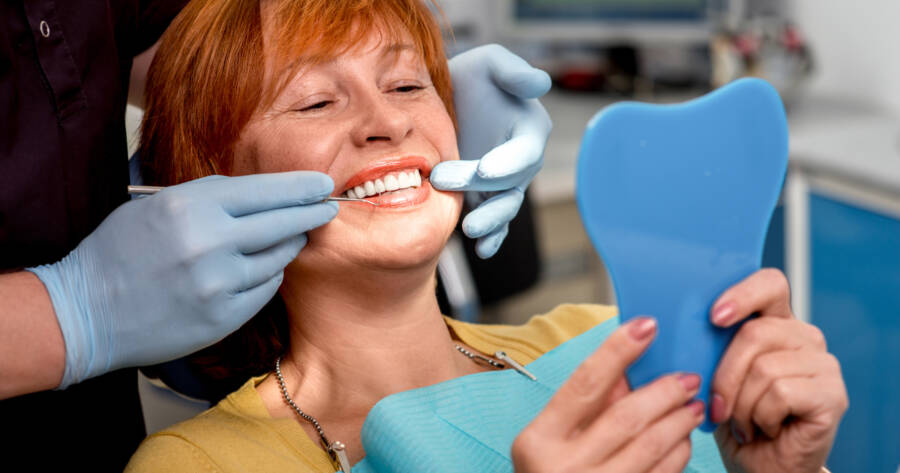A missing tooth can affect more than your smile; it can impact your confidence, your bite, and your overall oral health. Dental implants have become a popular solution, offering a long-term fix that feels and functions like natural teeth. Before making a decision, it’s important to weigh the benefits and potential drawbacks of this treatment.
The Advantages of Dental Implants
Dental implants are often praised for their durability and natural appearance. Because they are surgically placed into the jawbone, implants provide a stable foundation that allows you to eat, speak, and smile with confidence. Unlike dentures, implants don’t slip or require adhesives, and they can last decades with proper care.
Another major benefit is the preservation of jawbone health. When a tooth is missing, the jawbone can begin to deteriorate over time. Implants stimulate the bone similarly to natural tooth roots, helping to prevent bone loss and maintain facial structure. They also don’t affect adjacent teeth like bridges can, making them a more conservative option for tooth replacement.
Potential Disadvantages to Consider
Despite their benefits, dental implants aren’t ideal for everyone. The process requires surgery, which comes with inherent risks such as infection, nerve damage, or complications related to anesthesia. Healing can take several months, especially if bone grafting is needed beforehand, which may extend the treatment timeline.
Cost is another factor to weigh. Implants tend to be more expensive than dentures or bridges, and insurance may not always cover the full amount. Additionally, some individuals with certain health conditions—like uncontrolled diabetes or smoking habits—may face a higher risk of implant failure. A thorough dental evaluation is essential to determine eligibility.
Understanding the Procedure and Recovery
The dental implant process begins with a consultation and detailed imaging to assess bone density and structure. If you’re a candidate, the implant post is surgically placed into the jawbone. After a healing period of a few months, during which the bone fuses with the implant, a crown is attached to complete the restoration.
Recovery times vary, but most patients experience mild swelling or discomfort for a few days after surgery. Following post-operative care instructions and attending follow-up visits can support proper healing. Once fully healed, the implant functions much like a natural tooth, making it a highly appealing long-term option for many patients.
Longevity and Maintenance Considerations
Dental implants are known for their long lifespan, often lasting 20 years or more when cared for correctly. Brushing, flossing, and regular dental checkups are essential to protect the implant and the surrounding gums. While implants don’t decay like natural teeth, the surrounding tissue is still vulnerable to infection or gum disease if neglected.
Unlike removable appliances, implants don’t need special cleaning solutions or soaking routines. Their maintenance is straightforward and fits seamlessly into daily hygiene habits. For those committed to maintaining oral health, implants can be a convenient and aesthetically pleasing investment in their long-term dental well-being.
Making an Informed Choice for Your Smile
Deciding whether dental implants are right for you involves more than just cosmetic goals. It’s about functionality, comfort, health, and your long-term satisfaction. Weighing the pros and cons with a trusted dental professional will give you the clarity to move forward with confidence. Whether you’re replacing one tooth or several, the right treatment can restore more than your smile—it can restore your quality of life.
